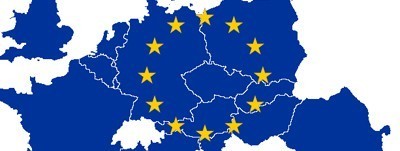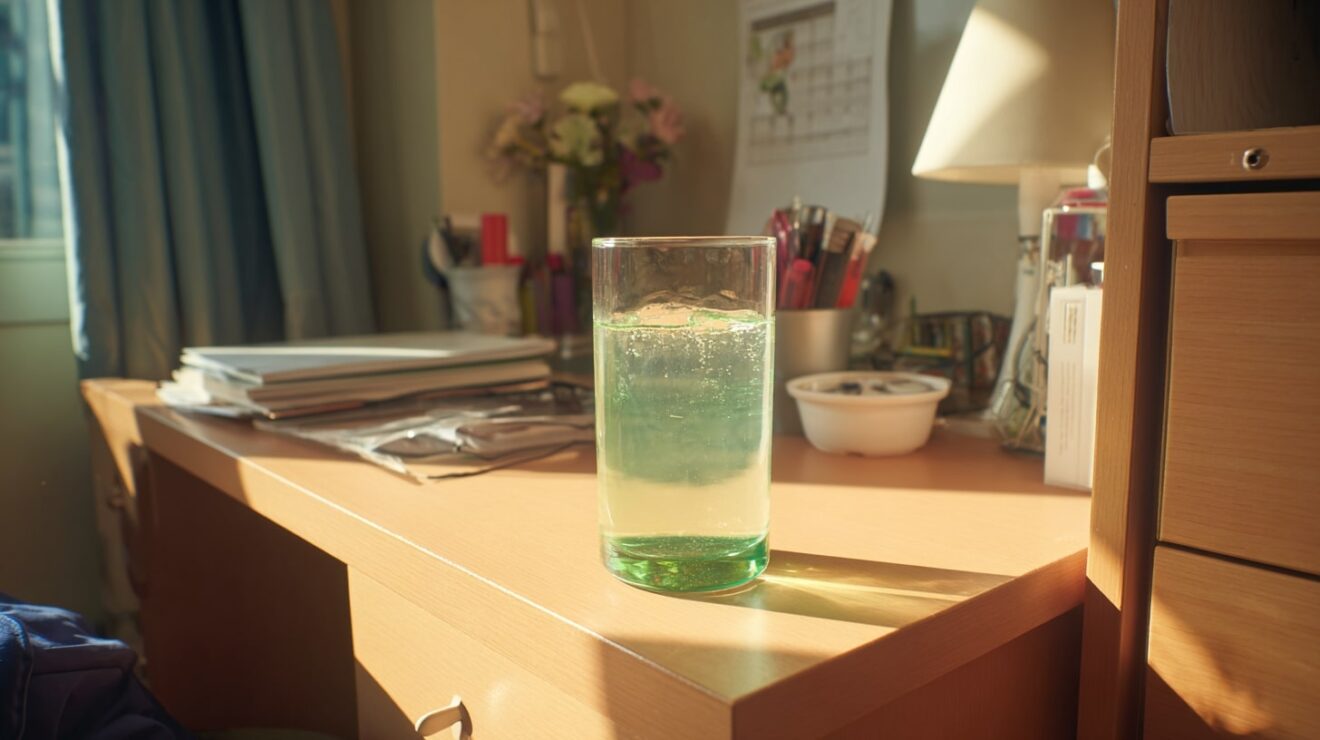UK students rush to Maastricht. European students run to the UK
So what is the story here? Is UK (or English) higher education in the post-Browne era so terrible that a mass exodus to the Netherlands is underway? The Independent reports that a Dutch university has seen a ‘tenfold’ rise in applicants:
The number of British teenagers applying to one of Europe’s leading universities has risen dramatically this year. Maastricht University in the Netherlands has seen a tenfold increase with more than 400 applications from UK students compared with just 35 at the same time last year.
A key factor in the rise is the cost of studying at Maastricht: only £1,526 a year, compared with £3,240 at present at English universities.
Many of those who applied are fearful of their chances of getting a UK place this September as the number of applications has soared as people attempt to beat the rise in tuition fees of up to £9,000 a year next September.

So, shocking news there. But, wait a minute. It seems that there is another flow of traffic here. The Daily Express reports that more students from other EU states want to come to the UK to benefit from our generously subsidised higher education system and low cost loans:
Applications by students from member states in mainland Europe rose by a record 5.8 per cent at the end of May, with almost 46,000 applying in total.
UK candidates increased by 0.8 per cent, meaning they may face even more competition in the race for degree courses this summer, as applicants clamour for places before a rise in tuition fees next year.
Students from across the European Union are subsidised by the taxpayer and are eligible for low-interest Government loans. They also count towards the strict cap on university places, putting them in direct competition with UK applicants.
The Universities and Colleges Admissions Service (UCAS) revealed that 45,727 EU students applied by last month, up 2,515 on the same time last year.
In 2010, the number of Lithuanians who won places at UK universities increased by 71 per cent. The number of Latvians was up 61 per cent and Romanians 57 per cent.











